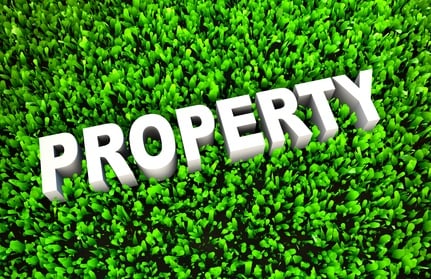Is your neighbor’s fence moving farther and farther onto your property every year? Did they build a shed that infringes on your yard? Did they put up a fence that blocks your view of the neighborhood? Unfortunately, these scenarios occur every day with even the friendliest of neighbors. If you have a dispute that can’t be rectified, keep reading to find out how to protect your property and yourself best.

Get familiar with concepts like Property and Boundary lines. These lines can be a physical boundary like a body of water or road. Other times they’re just arbitrary lines that are more difficult to define. A property line dispute occurs when one party claims land beyond the boundaries of their property line.
This is easier said than done in many instances, but it should almost always be the first step if you’re on speaking terms with a neighbor, especially if the amount of land in question is small—like a fence that infringes on your property. Litigation can be expensive. Asking your neighbor to move a fence or even offering to help them rebuild a small portion can be cheap and easy.
You may need to gather deeds, plat maps, title work, appraisals, property surveys, and other documentation that can prove your claim and convince your neighbor that you’re in the right. If the issue at hand involves a more significant portion of land, land of high value or your neighbor is not willing to budge, and you may have no other choice than to gather those materials and seek an outside party.
A mutually beneficial agreement between you and your neighbor can close the issue without needing to press the matter. If this occurs, you should hire a land dispute attorney to sign the deed and promptly file it with the county recorder to close the issue. If you’ve almost agreed to terms but can’t entirely close the deal, bringing in a mediator is the right decision. They’ll look at both sides and come to a fair settlement without breaking either party’s bank.
If no one is budging and an agreement can’t be met, you’ve got to protect yourself. A letter from an attorney familiar with real estate and property line disputes can shed light on legal issues that may have been cast over in the previous discussions. When your neighbor recognizes that the problem won’t go away, they may be more likely to budge.
Before the issue progresses to court, your attorney can tell you whether or not your evidence and arguments are substantial. If they are, your attorney will prepare for legal briefs and continue research efforts. In many cases, both parties choose to settle before court. This usually allows for a fair settlement that prevents bad-blood between neighbors (and expensive court costs).